LCO vs LOC: Which Method is Best for Your Hair Porosity?
Gaining and maintaining moisture is The Goal for us in the naturally curly community. We love our natural curls, but we also understand that beauty takes a bit of maintenance.
How to moisturize your hair properly will depend on your hair type and its environment... But today, we want to share our two favorite methods for increasing moisture: the LOC method and the LCO method.
If you are excited to try these out, then first determine your hair porosity - the ability of your hair to maintain moisture. Based on your porosity, you can choose if the LCO or LOC method will work better for you. Let's get started!
First, figure out your Hair Porosity Level
Hair Porosity refers to your hair’s ability to absorb and hold moisture. It's measured in three levels, high, low and normal. The most common way to determine your hair’s porosity is to take ‘The Float Test’ . Place a few strands of your hair and drop them into a clear/transparent bowl or cup of water. Let them sit for 2-4 minutes. If your hair floats, you have low porosity. If it sinks, you have high porosity. If it stays somewhere in the middle, you have medium porosity.
However, is this method truly accurate? There’s a method that can give you a more precise measurement of your hair’s porosity called 'The Slip n' Slide Test'. To determine porosity with this method, make sure your hair is clean, dry and product free. Select a small section of hair. Holding the hair at the tip of the hair strand, slide fingers down towards the root three times slowly. Low porosity hair will feel smooth, high porosity hair will feel rough and bumpy because the cuticles are open and medium (normal) porosity hair will be in between.
Next, Prep Your Hair With A Moisturizing Wash

Now that you’re sure about your hair porosity, prep you hair with a moisturizing cleansing routine before deciding which method is best for styling your hair. Start out with Length2O Aquaholic Moisture Shampoo. Designed to deeply yet gently clean and rehydrate hair and scalp, this shampoo can revive dry, brittle and damaged hair. After cleansing, it's best to improve the moisture protein balance in your hair urther with Shedavi’s Protein Masque.
What is the LCO Method?

The LCO method stands for liquid/leave-in, cream, and oil and indicates the sequence that you will add each product to your hair. The end goal; tons of moisture that last for days.
The LCO method is a technique used in the natural hair community that consists of adding a liquid/leave-in, such as a revitalizing mist or water, followed by your styling or curl cream of choice, then finishing up the process with your favorite oil, like our Hair & Scalp Growth Elixir. If you aren’t a cream person you can replace it with gel like our Wash + Go Styling Gel, so the LGO or LOG method may be a better fit for you.
If you’re looking to get more moisture back into your natural tresses and have low to medium porosity hair, this is the method for you (but more on that later).

What is the LOC Method?

Similar to the LCO method, the LOC method stands for liquid/leave-in, oil, then cream. Changing the sequence will work to trap more moisture into your hair and keep it hydrated for longer.
With this method, you will rehydrate with your liquid/leave-in like a revitalizing mist, then add your oil, and seal it in with your cream or gel.
If you have high to medium porosity hair, then the LOC method could be a perfect technique for you.
As always, in order for the LOC method to work its magic, we recommend using this technique on freshly washed hair.
What Are The Best Products to Achieve Moisturized Hair?
The types of products you use for each step will vary depending on your type of hair. To know more about identifying your hair type and the best products to use, you can check out our previous blog. You might still need to play around with the combination of products that work best for you, but the typical product contenders include:
Best Liquid: Water or a water-based leave-in conditioner will work wonders. You can also use a water-based hydrating mist or a light and watery curl refresher.
We recommend using a revitalizing mist. We always tell our naturals to never skip this step! It is so important to refresh hair before adding cream and oil.
Best Oil: You want to find an oil that can penetrate the hair and that can act as a sealant to trap all of that rich moisture. You can find many of these oils at home, such as:
- Coconut oil
- Olive oil
- Jojoba oil
- Avocado oil
- Castor oil
If you are looking for a blend of the aforementioned oils, so your curls can receive a multitude of benefits, then we recommend using the Shedavi Hair & Scalp Growth Elixir.
Best Cream: The type of cream you will want to use will depend on the final outcome, but any type of thick curl cream, defining cream, or moisturizing cream will work perfectly for this step. Depending on your hair type, your cream can be anything from a nice moisturizer to a heavy butter.
If you want to trap in moisture and define your curls, we love using the Shedavi Wash + Go Styling Gel to achieve bouncy, defined, and moisturized curls.

Is LCO or LOC Method Best for High Porosity Hair?
If you have high porosity hair, your hair can easily allow for moisture but then just as easily lose moisture. Since your hair will lose moisture quickly, you will want to trap moisture in. Doing this will keep and maintain hydration longer.

For this, we recommend creating a sealant on your hair after applying oil. For that reason, the LOC method will be best for your hair type. Filled with over 20 exotic oils, Shedavi’s Hair & Scalp Growth Elixir is extremely moisturizing and will fit your routine perfectly.
Using the LOC method will give your hair the chance to really absorb the oils and then lock in all of that rich moisture with your cream.
Since high porosity hair easily takes moisture, we recommend that you use water as your liquid if you have fine hair. For thicker hair, start with damp hair and use a leave-in conditioner for the liquid stage.
Is LCO or LOC Method Best for Normal Porosity Hair?
Since normal porosity hair accepts moisture, then either method could be great for you.

Since the LCO and LOC method should theoretically last you at least 3-5 days, if the method that you are choosing does not give you results in that range, then you may want to try the other one.
Play around with both methods to see which one keeps your hair feeling hydrated the longest.
Is LCO or LOC Method Best for Low Porosity Hair?
With low porosity hair it's harder to penetrate the hair shaft since the cuticles lay flat and tight. It is recommended to use the LCO method.

With low porosity hair, our goal is moisture, always. For that reason, we recommend using a water-based moisturizer or revitalizing mist for the liquid followed by a thick cream.
We think it is best to warm up your cream a bit so that it can help the cuticle layer lift up and allow more moisture to enter into the hair shaft.
Remember, low porosity hair does not take well to excess moisture. Therefore, you may find your hair feeling heavy after doing one of these methods. If that’s the case, try using a lighter oil like jojoba so that the hair will feel lighter. We recommend using the Shedavi Hair + Scalp Elixir for lightweight moisture and length retention.
Which Method Will You Use?
So, there you have it, ladies. You just got a crash course in the LOC method vs the LCO method. Whether you find that the LOC method or the LCO method is best for your hair, we hope you gain a new level of moisture and bounce to your curls.
As always, we recommend using Shedavi products whether you LOC or LCO. The Shedavi Hair + Scalp Growth Elixir contains over 20 natural oils and is perfect for adding and trapping moisture into your hair.
We hope you find the perfect method to enhance those curls and keep your hair moisturized for longer.


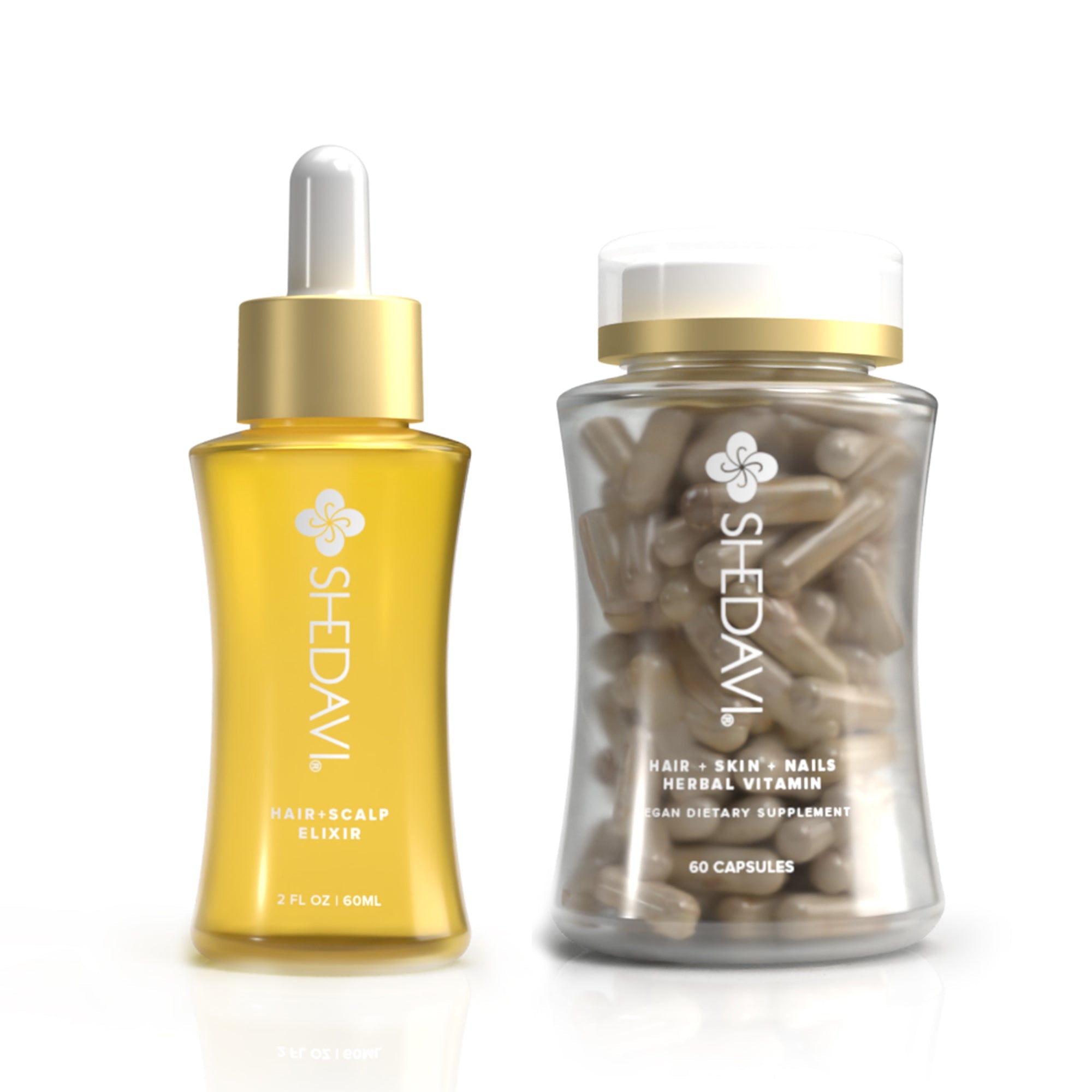
 5min Read
5min Read
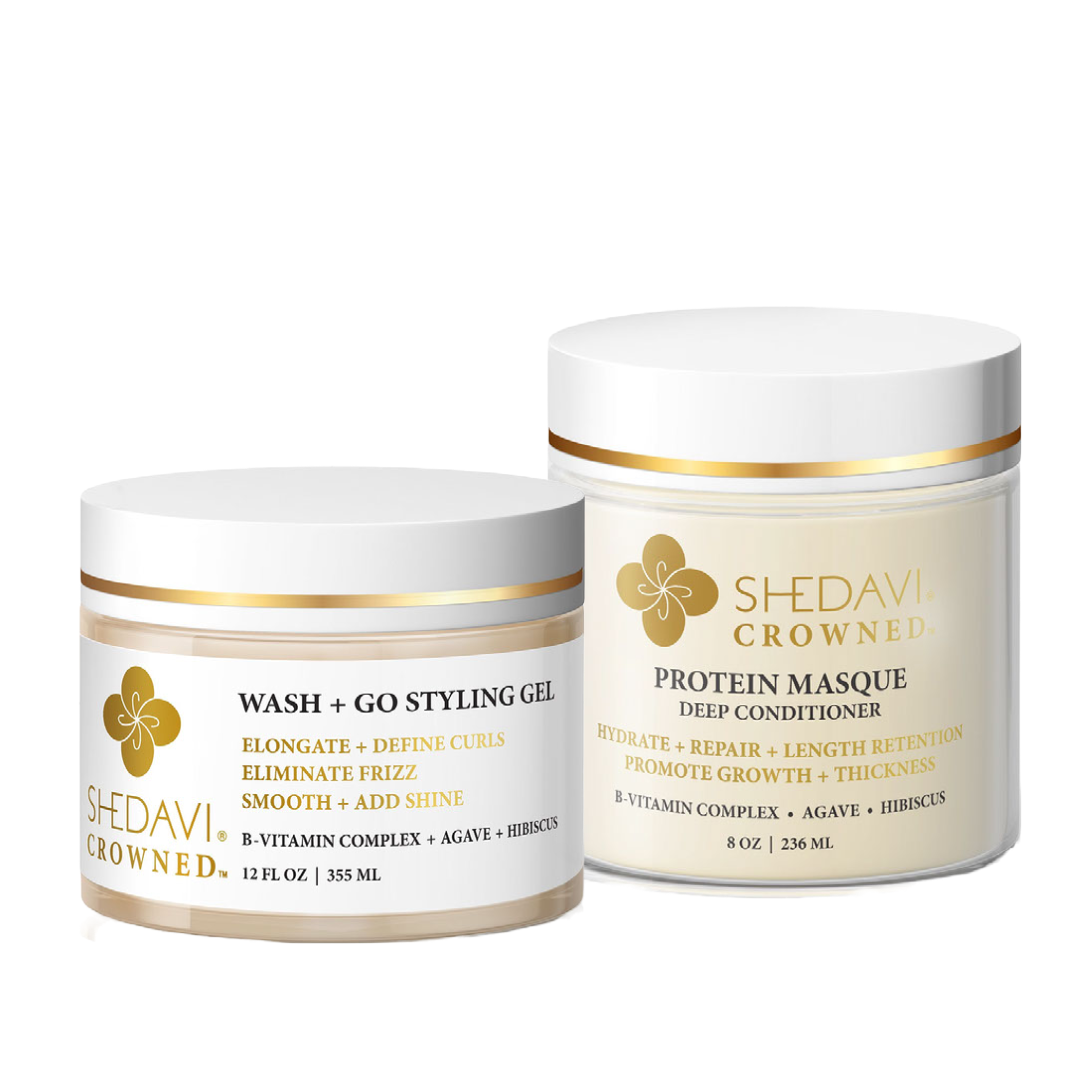
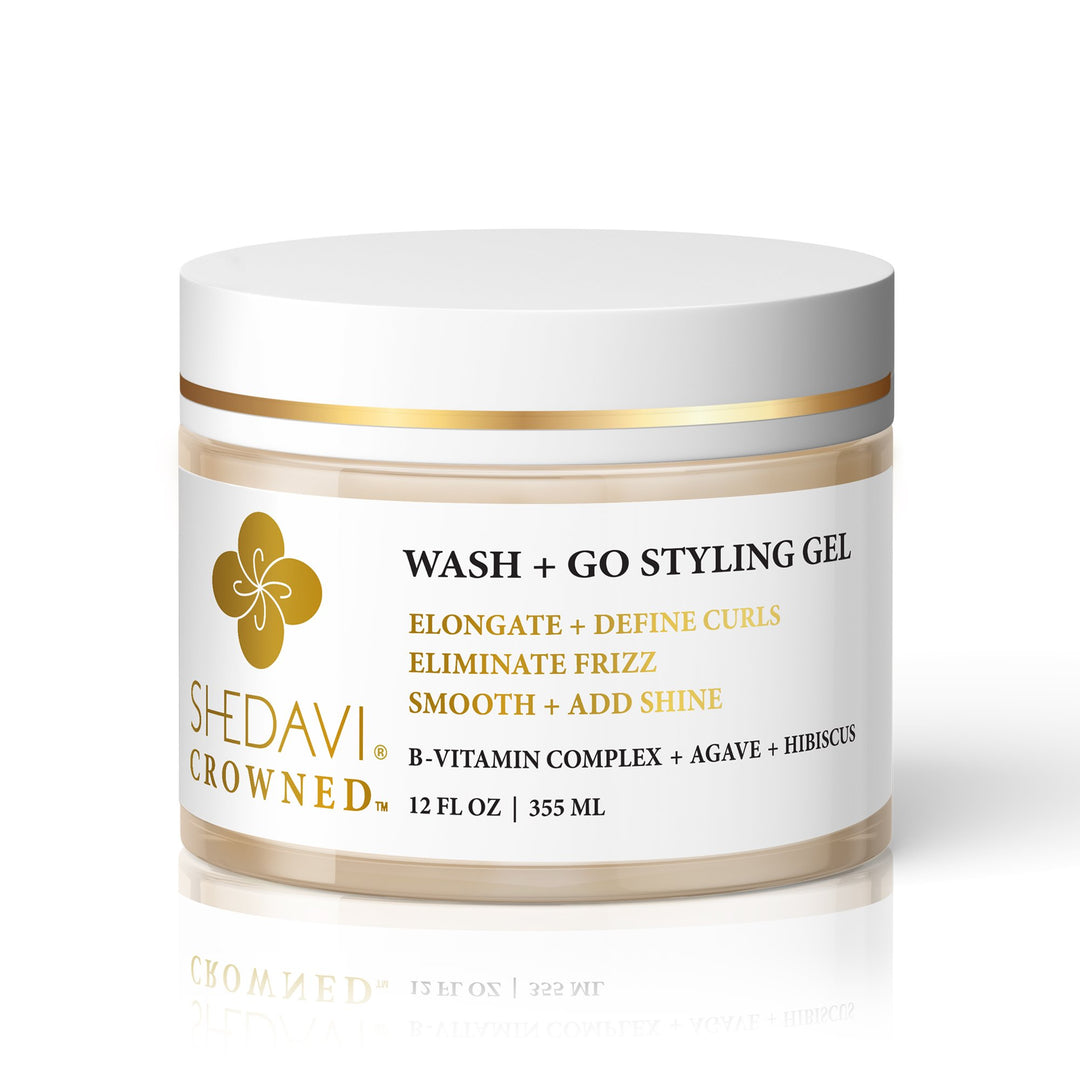
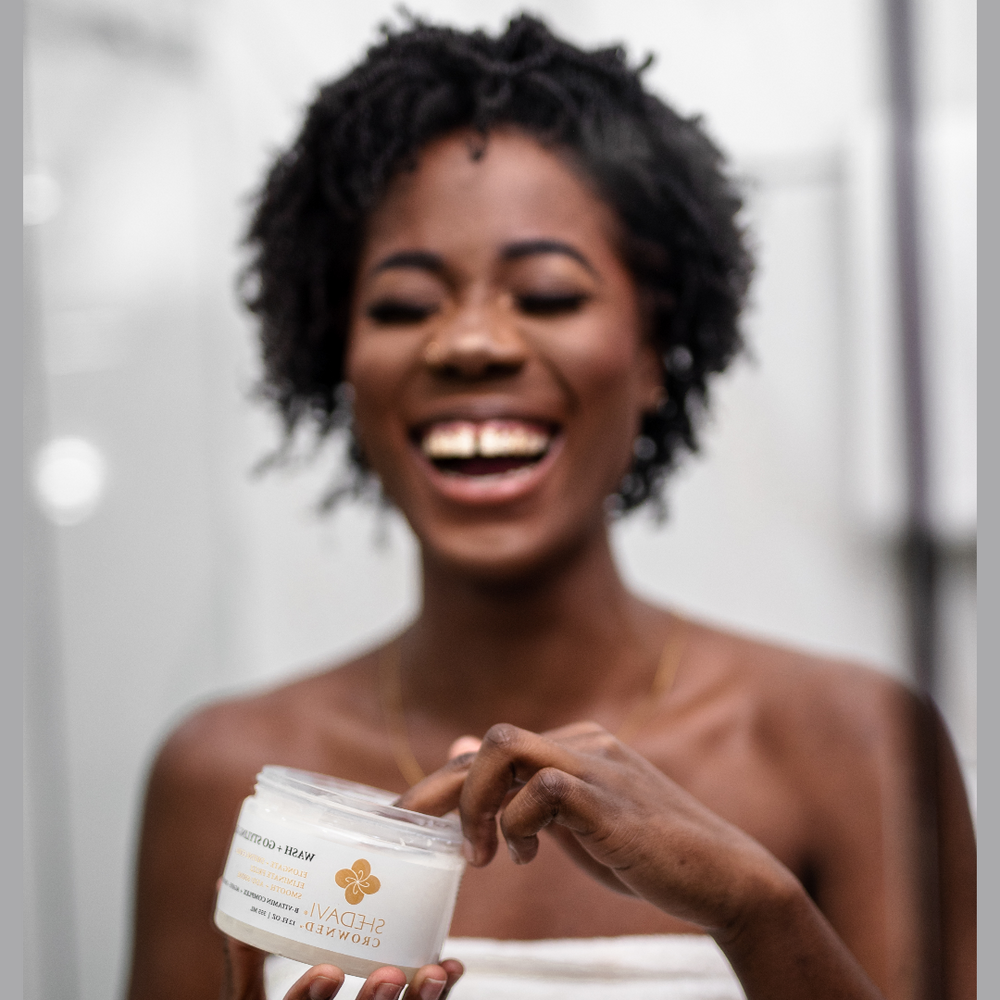

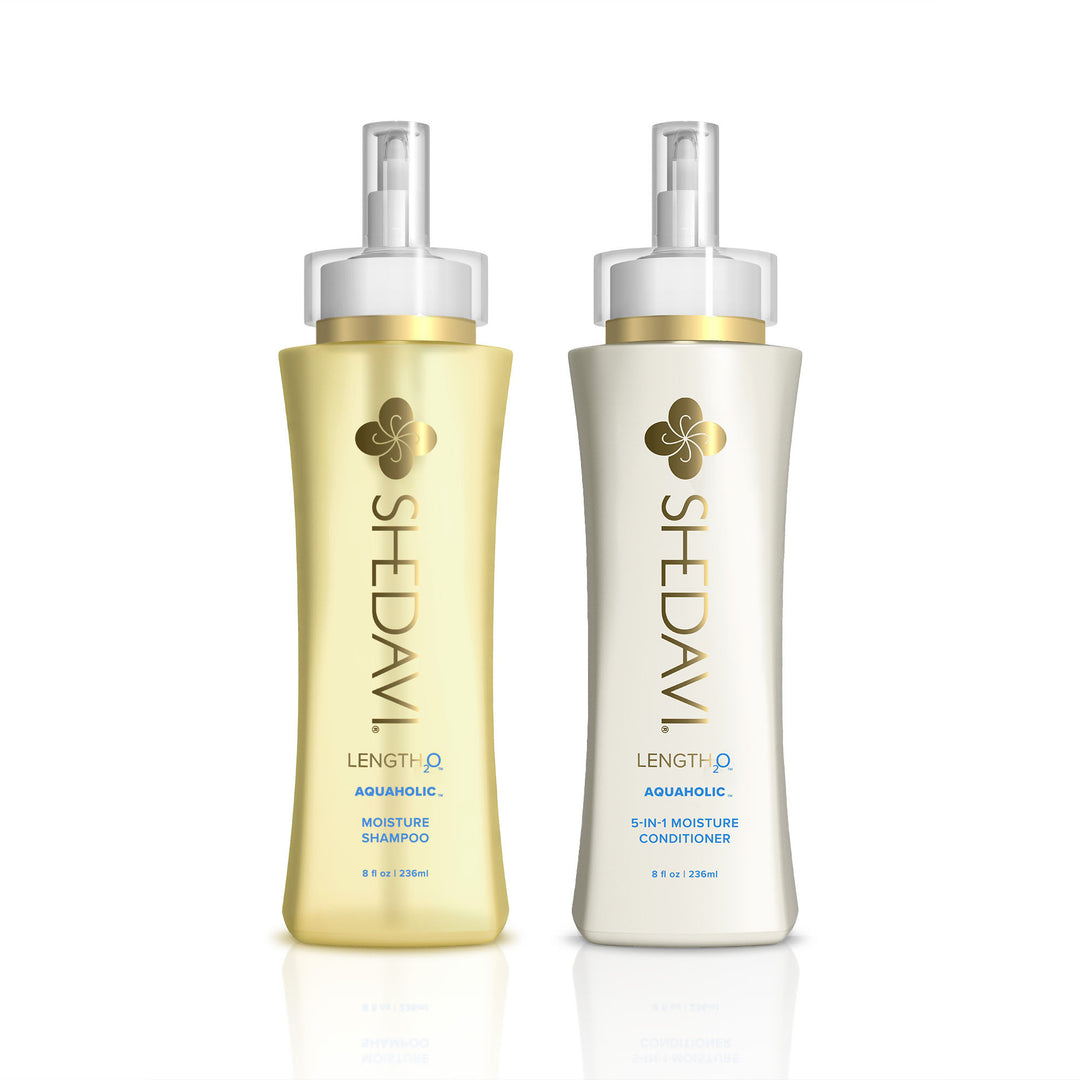
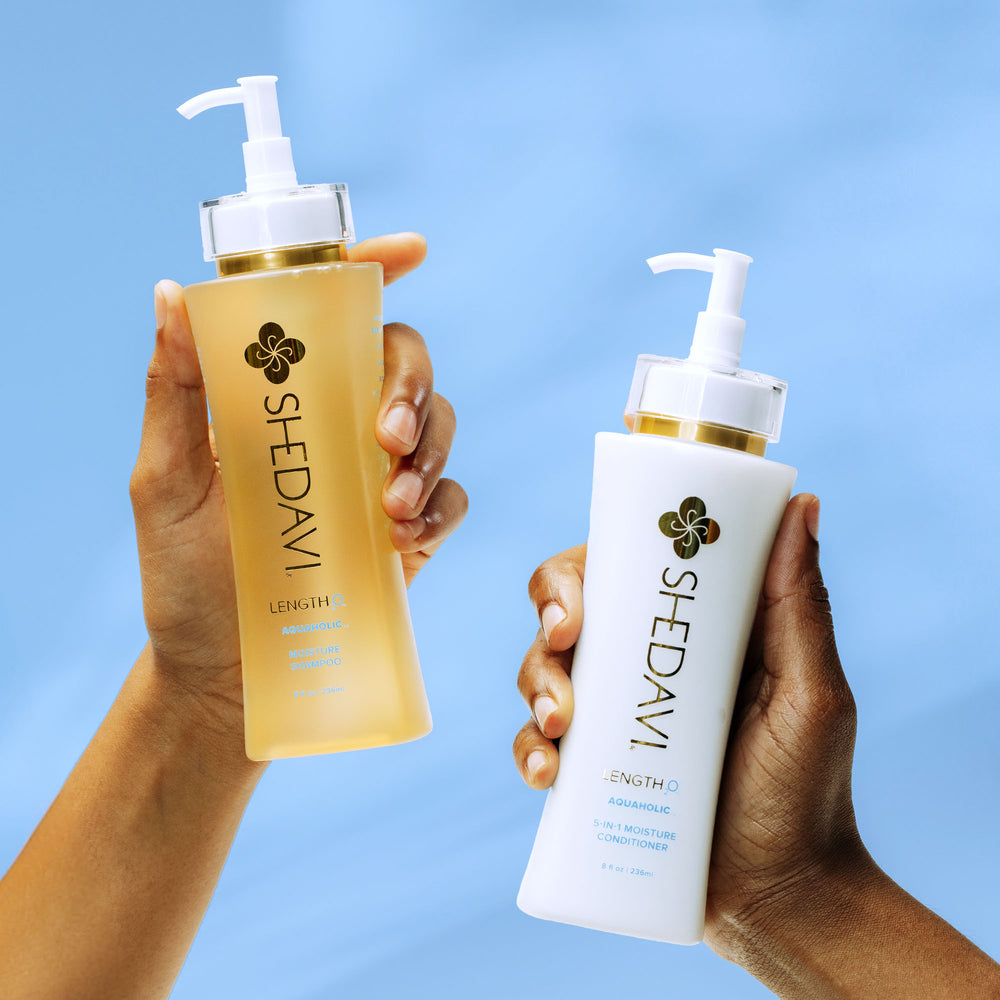
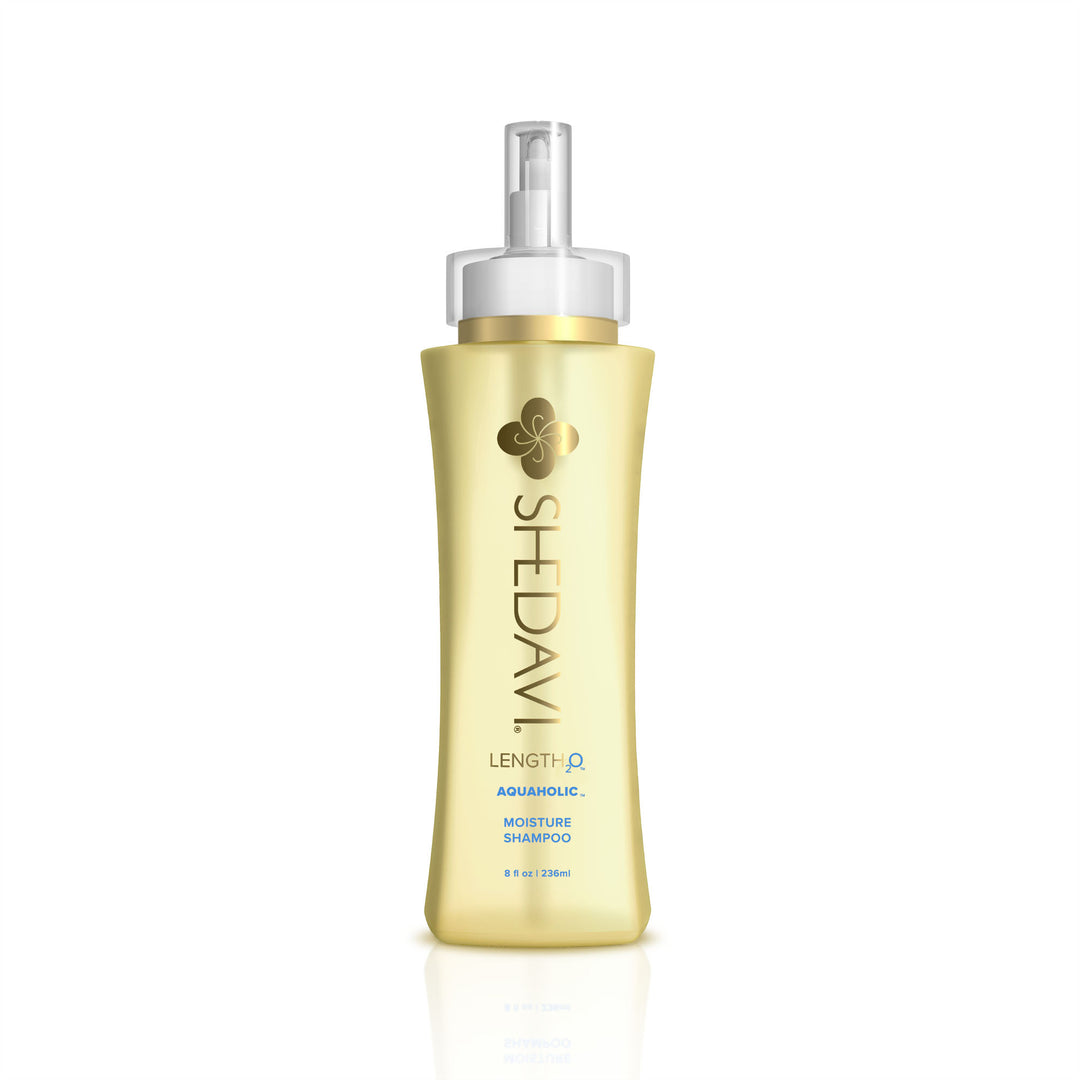
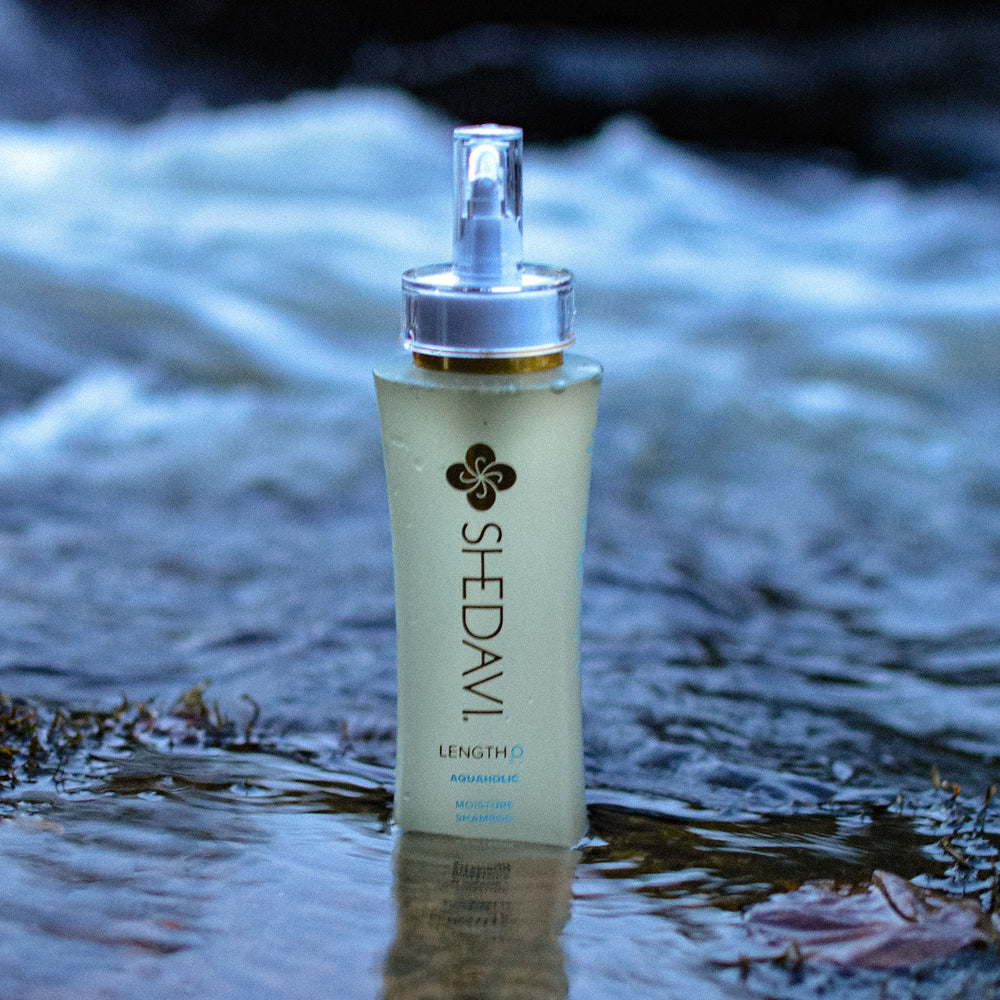
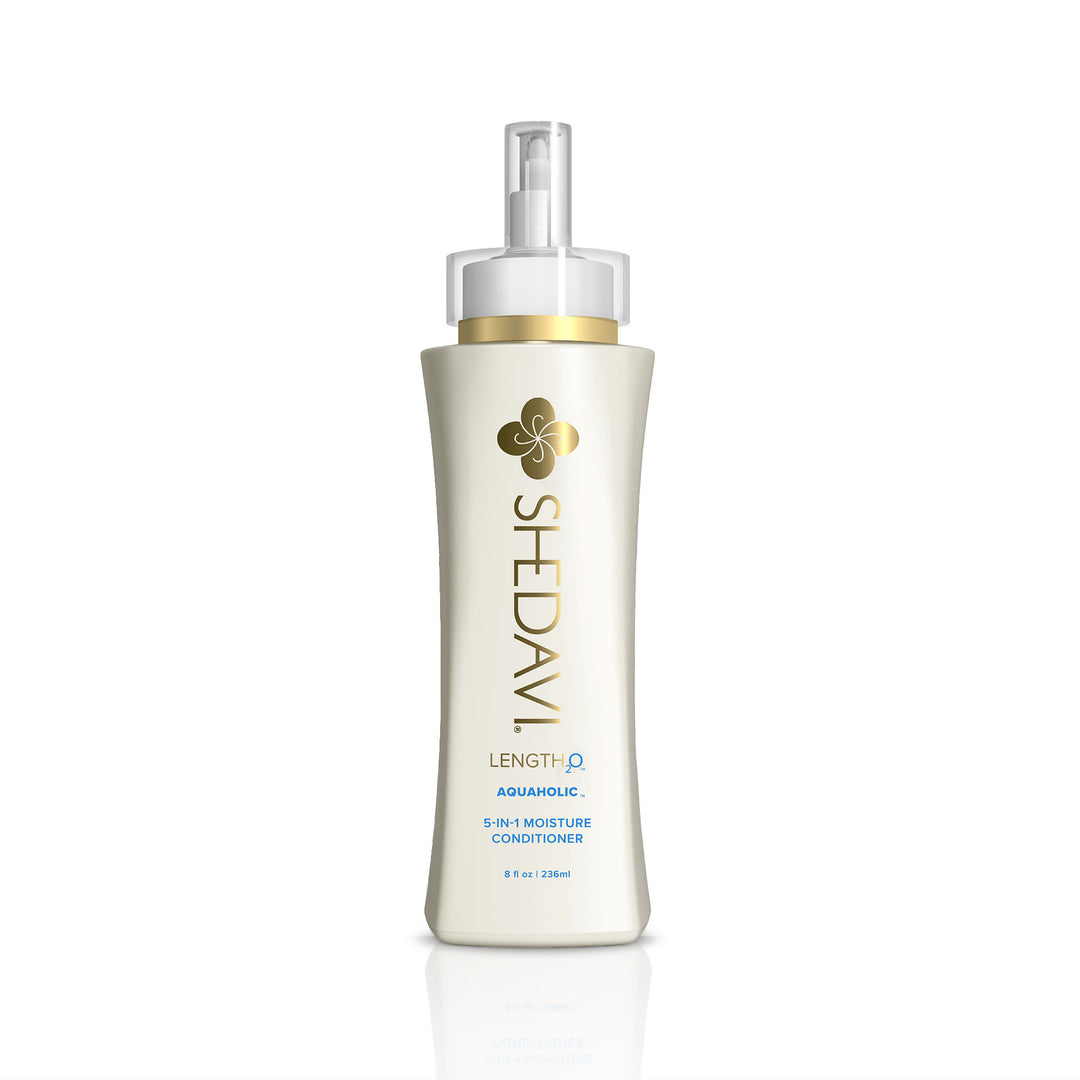
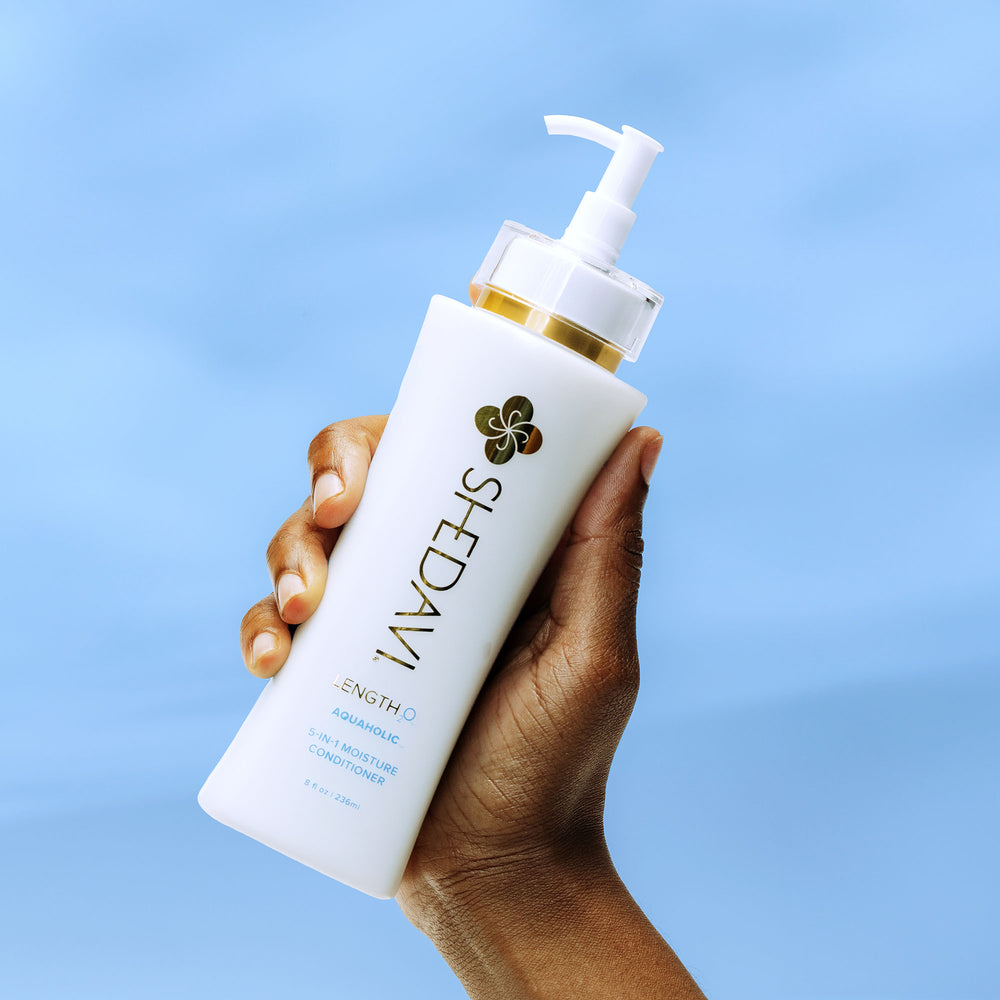
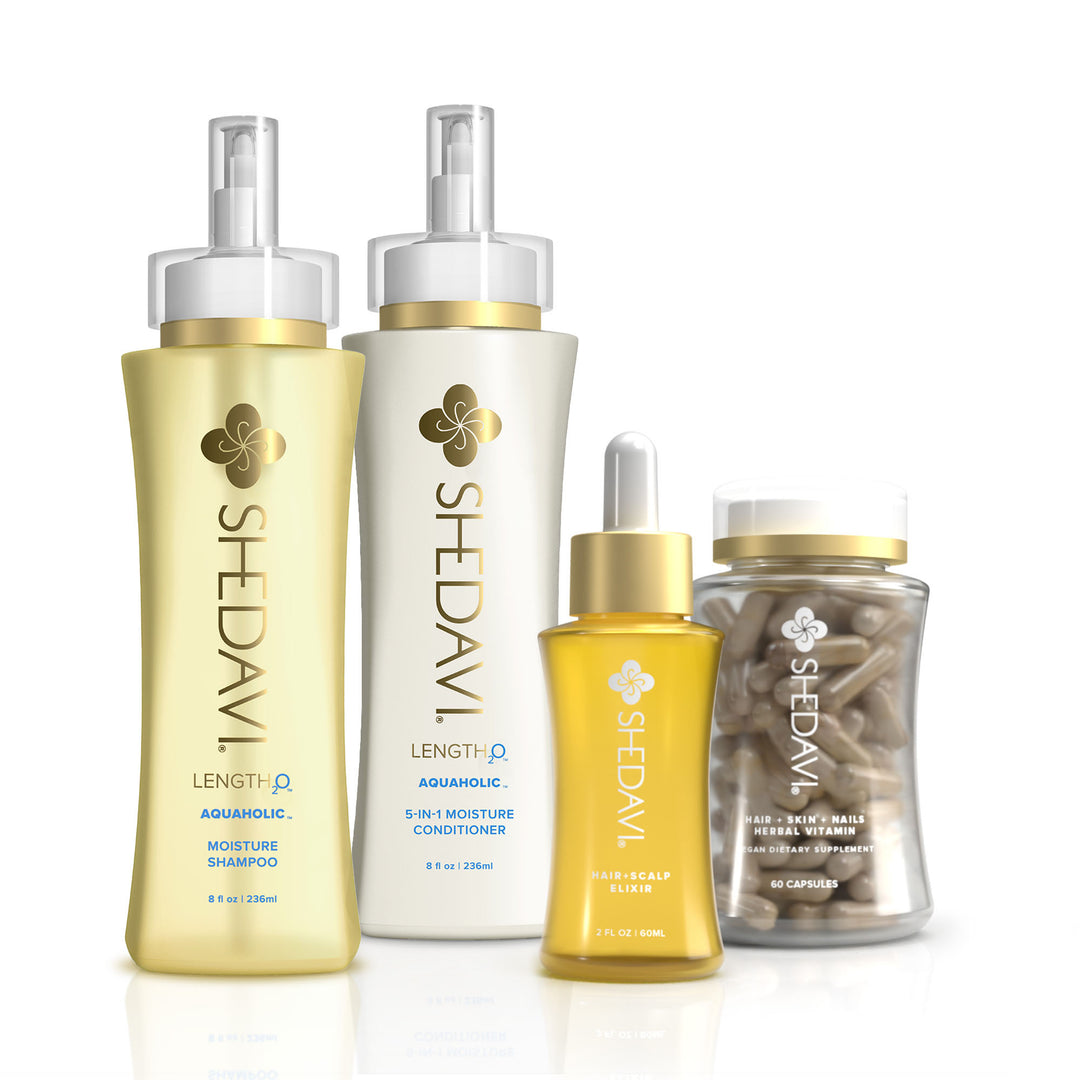

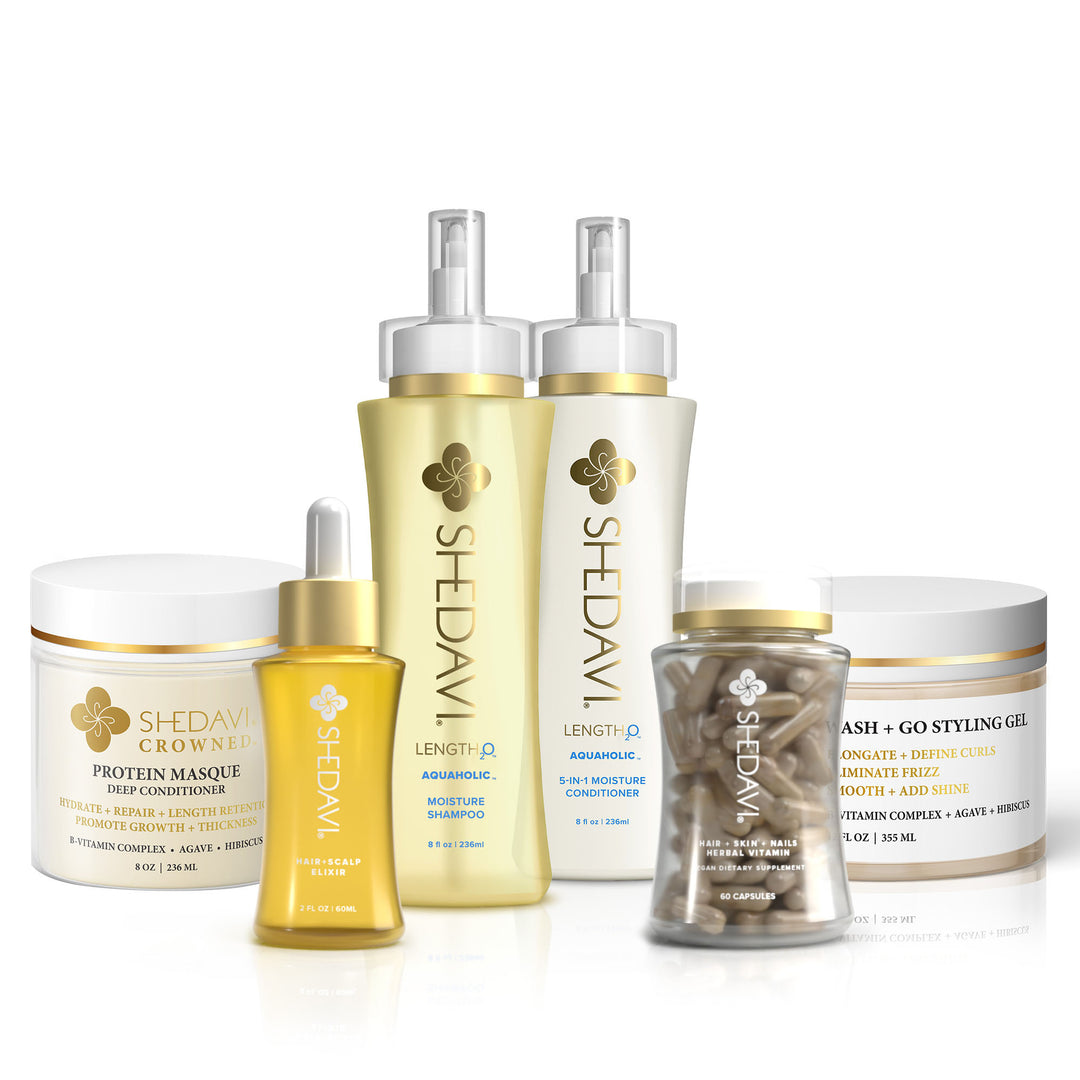

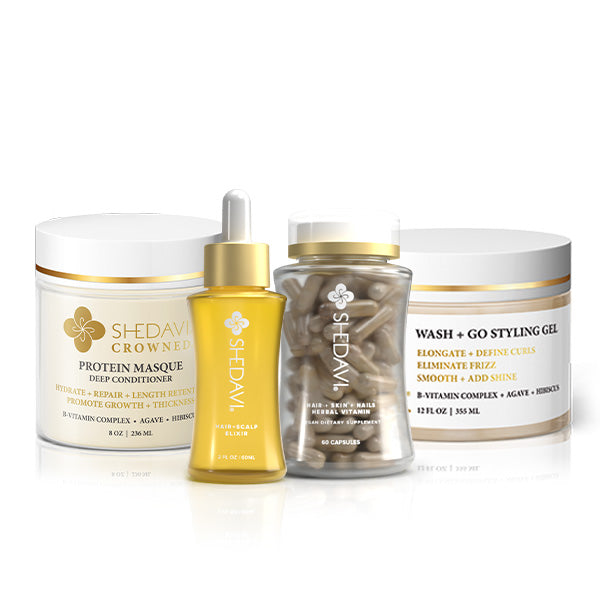
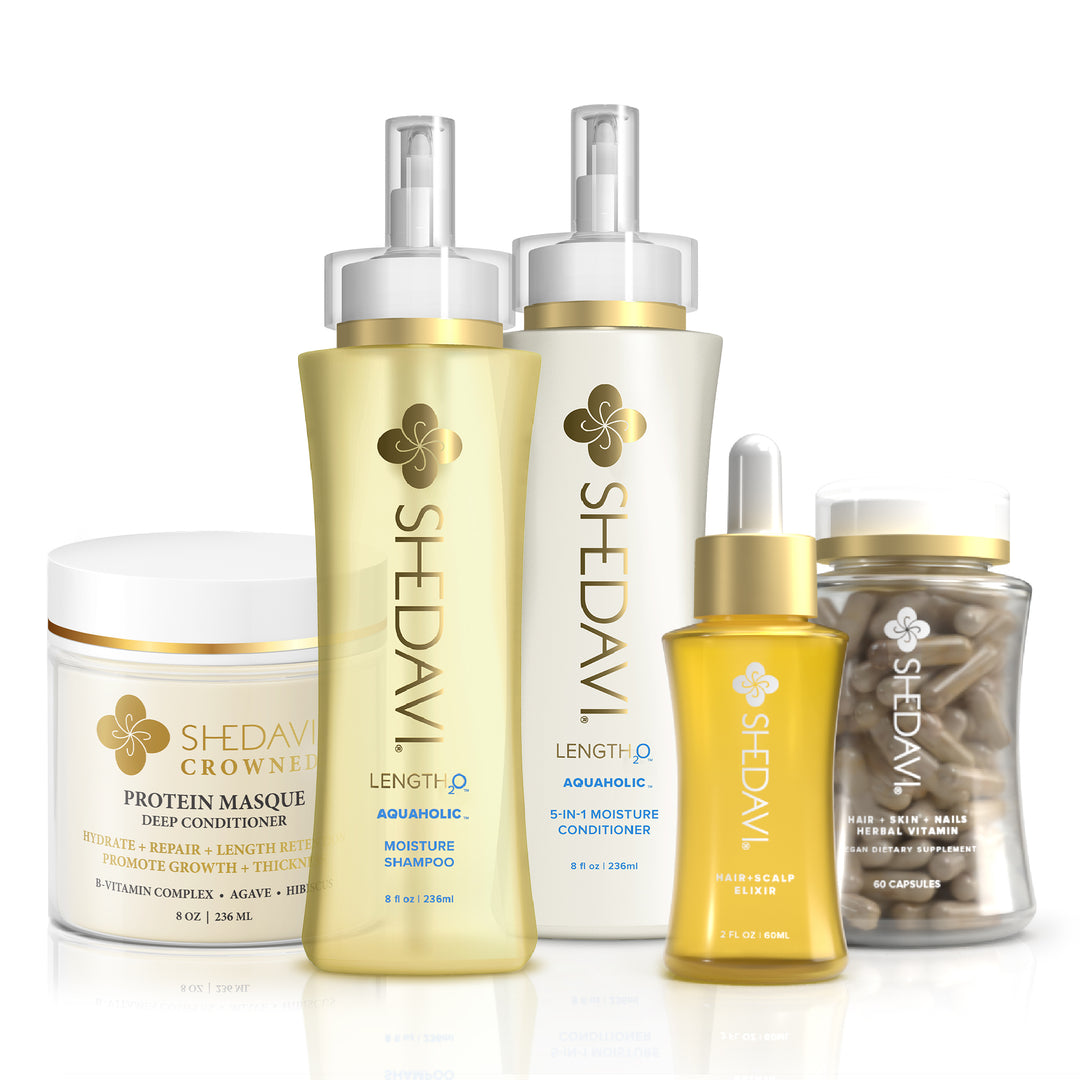
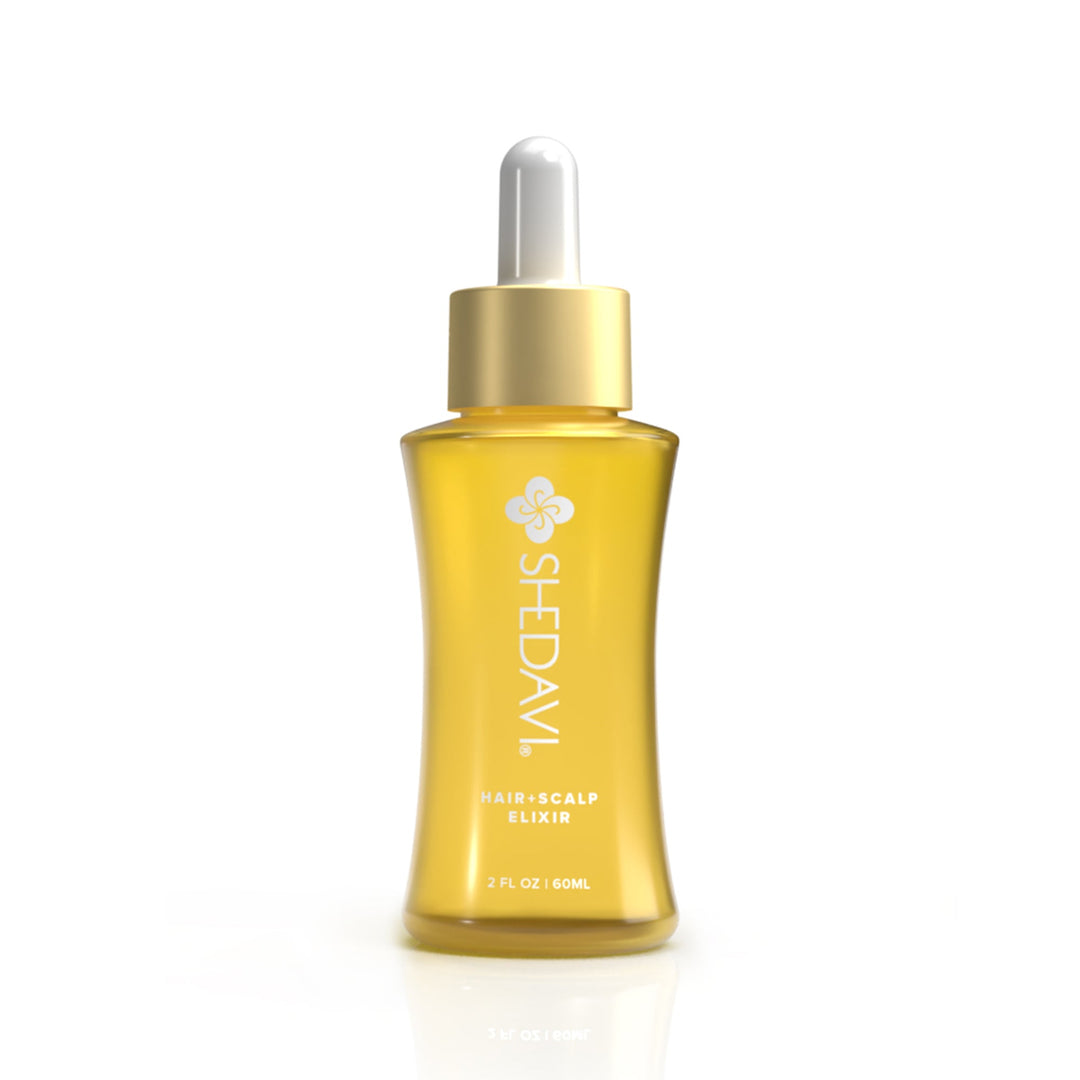
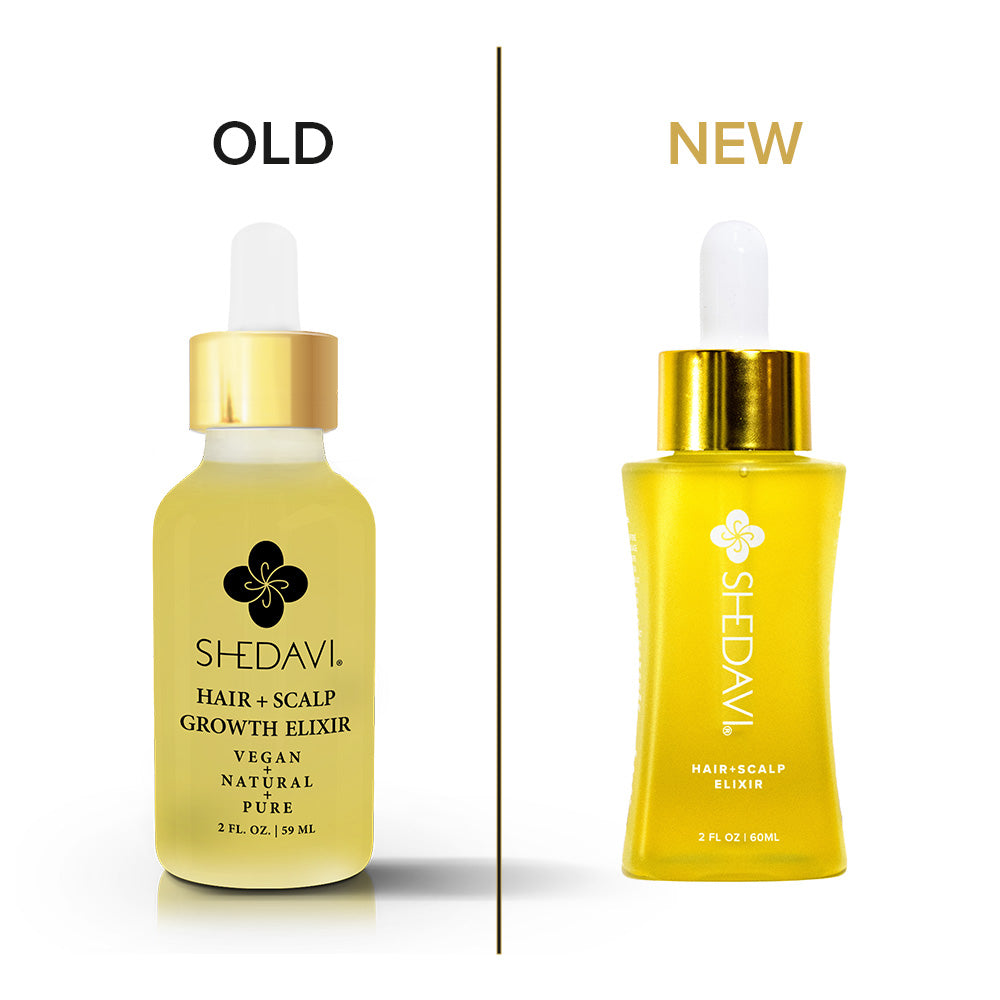
Leave a comment